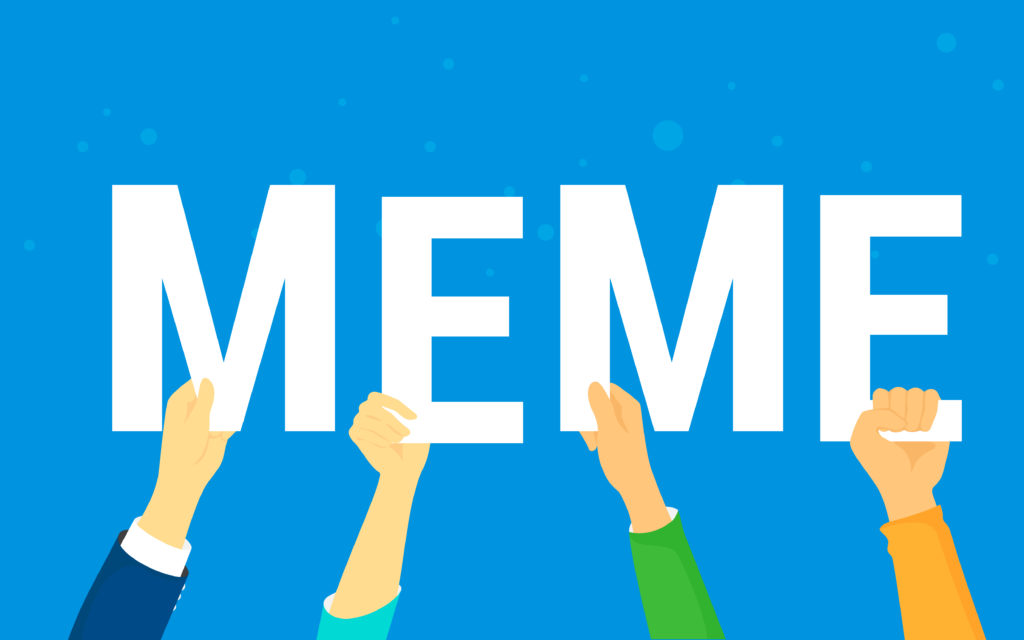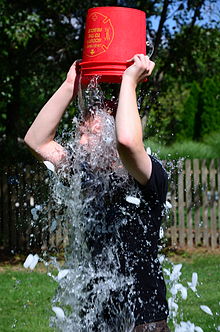
As content and distribution rules shift in the new media ecosphere, brands – whether they’re radio, TV, streaming, personalities, and recording artists – need to rethink their business models.
That’s certainly been the case in the music business. Bands and their management teams have had to go back to Square One to reassess how to capitalize their enterprises. Unless you’re Taylor Swift or Beyoncé, chances are you’re not earning anywhere near what you were raking in a decade or so ago.
And that means redefining and refocusing revenue streams. For many musicians, this now means constant touring, reliance on merchandising sales, and monetizing web sites through vehicles like V.I.P. clubs. Clearly, the sale of physical music – CDs, vinyl albums, and digital downloads – cannot even remotely match past performance.
It now requires creativity – looking for new ways to leverage existing brands. And the good news is that digital tools provide ways in which to reassess the current business model, and expanding it to new platforms.
One of those is memes.
They are often understood, but have become part of the digital vernacular of the Internet, especially on most social media sites. First defined way back in 1976 by cultural biologist, Richard Dawkins – before there was the Internet as we’ve come to know it.
Dawkins’ premise was that cultural ideas are similar to genes – they have the ability to move from person to person (or brain to brain) with rapid speed.
I think there’s an added element that helps make memes spread even faster, creating more buzz. And that’s when people can participate in the meme or cultural phenomenon itself.
That was the case when the “Ice Bucket Challenge” went viral back in 2014. The meme was in support of ALS, but participants online were more than  eager to take part because seemingly everyone was getting into the act. That cultural meme raised $115 million, and helped draw attention to the tragic disease.
eager to take part because seemingly everyone was getting into the act. That cultural meme raised $115 million, and helped draw attention to the tragic disease.
But these memes have been going on for decades. If you’re old enough to remember “The Rocky Horror Picture Show” back in the 70s, it became a meme where real people dressed up as characters and acted out scenes – in real time in the theater. There was no Internet to spread the word, but the film became synonymous with personal theater – and its appeal lasted a long time.
Fast-forward to last week. The film, “Bohemian Rhapsody,” has exceeded all box office expectations. It has become the top grossing music bio-pic, and it swept several Golden Globes earlier this month, including Best Actor for Rami Malek playing Freddie Mercury.
But like the great rock band they are, Queen is turning the film – and their music – into a cultural meme. You may have seen the video shot in Hyde Park back in the summer of 2017 where a 65,000+ Green Day audience spontaneously started singing “Bohemian Rhapsody” when the song was played prior to the band taking the stage.
The film’s producer – and perhaps Brian May and the remaining members – must have been paying attention.
Variety reports that last weekend, on more than 1,300 screens all over North America, “Bohemian Rhapsody” (the movie) was released as a singalong version – with song lyrics on the screen so moviegoers could sing along with the film.
Thus, the song and the film become more than just a Classic Rock song and a hit movie. They become a meme that invites participation. Here’s a brief promo clip that illustrates this brilliant brand extension:
And then there’s the “Bird Box” phenomenon, which started innocently just before Christmas when Netflix dropped the original film, starring Sandra Bullock.
If you haven’t seen it, I won’t spoil it. It’s essentially an end-of-the-world, dystopian thriller, not kindly reviewed by critics or even many viewers. And yet, it’s been massively successful. By late December, Netflix reported 45 million homes had already seen the film.
Do the math. When you figure that many of those Netflix subscribers watched the film with others, you’re talking about a mass appeal movie premiere that easily topped all the films in theaters released for the holidays.
And Netflix did not market the movie in the traditional way the producers of “A Star Is Born” or did – with billboards, TV spots, and ads plastered all over the inventory. They sent out simple emails to their database, and then watched the film become a meme via social media, and what became known as the “Bird Box Challenge.”
If you’ve seen the film, ask yourself whether you watched it because you got an alert from Netflix OR was it because someone told you about “Bird Box” or you saw all this craziness on Facebook, Twitter, Instagram, and Snapchat.
The Ringer’s Alyssa Berreznak attributes the turbo-charged power of this meme to FOMO – or the fear of missing out. And in fact, that was what motivated me to watch it late last year.
After we all came back to work, the “Bird Box” buzz was everywhere, whether for the film or the social media challenge. And whether the whole thing was a stunt cooked by up by a savvy PR department or a more organic phenomenon, Netflix was the beneficiary.
Clearly, being “in the moment” is part of the key. In the case of “Bird Box,” Netflix deserves credit for releasing the film at the time of our peak boredom, when so many are looking for something to watch on TV.
They also let the organic flow of their meme grow on its own. Unlike other companies who may have instructed the legal department to start flinging cease and desists, Netflix got out of the way. Some might even argue they fueled the meme, as people started walking around (and even driving!) while blindfolded. At one point, they tweeted out this warning:
“PLEASE DO NOT HURT YOURSELVES WITH THIS BIRD BOX CHALLENGE. We don’t know how this started, and we appreciate the love, but Boy and Girl have just one wish for 2019 and it is that you not end up in the hospital due to memes.”
Brilliant.
So, timing, the organic power of the Internet, and crowd participation are keys to the success of memes.
But meme opportunism is more than that. Consider the case of the brewery in Chicago that took advantage of the biggest meme in local sports since Steve Bartman reached for a baseball at Wrigley Field.
Cody Parkey’s errant field goal may have been a tragic moment for Windy City sports fans, but for Goose Island Brewery, the meme of the ball caroming off the left goal post became a killer promotion.
They offered locals the chance to prove their mettle by kicking an identical field goal to win a pair of tickets to any NFL game. Of course, a brewery can’t exactly do a 9th caller contest, so they simply told listeners when and where to show up – and then they let the magic happen.
Hundreds stood in line – for hours – to try to one-up the hapless Parky. And when Goose Island limited the number of contestants to just 100, you can guess the result: no one made the field goal, but a lot of great video and viral attention to their brand was generated by a stunt dreamed up by an employee, Zac Connelly.
Chicago Sun Times digital editor Madeline Kenney dutifully covered the entire competition on Twitter, as did umpteen other Chicago media outlets, turning a local nightmare into a hilarious meme.
That’s a wrap. No kickers made it. I’ll have a full video recap and story up soon from today’s festivities.
But I’ll leave you with this. pic.twitter.com/nsOzaHSGtO
— Madeline Kenney (@madkenney) January 12, 2019
Can radio stations create, participate in, and learn from the power of memes?
Absolutely. In fact, they’re dreamed up every day. As Netflix has utilized its subscriber database, putting the word out in just the right way at the right time can power a meme.
Strategic meme creation is occurring on Facebook right now: “The 10 Year Challenge.” The simple ask is to post a profile photo from a decade ago next to what you look like now. It has all the elements of a great meme: nostalgia, currency, simplicity, and participation. And it doesn’t require ice or a bucket.
OK, and a little luck.
But for radio stations – commercial or public – strapped for staff, cash or both, the meme phenomenon doesn’t require a promotional war chest.
Netflix barely spent a dime promoting “Bird Box,” it cost Goose Island a pair of tickets and some beer, and Facebook simply used the power of its massive “cume.”
Something new just got added to radio’s promotional arsenal – if stations are smart enough to seize the moment.
Memes.
Thanks to Lori Lewis, Tony Magoo, and Lex Staley – three of my favorite people.
- What About Bob? - March 12, 2025
- Inside “3 Minutes” – An Exclusive Interview With Nielsen’s Rich Tunkel - March 11, 2025
- Black Thursday At Audacy - March 10, 2025




Is it just me…
Or are there less (if any) “replies” when your blogs are about online/digital topics.
You know, I never thought about it. But you may be right – there may be more comments for posts about music, radio, DJs.
Is it because many people are less knowledgeable about digital and are much more expert about all things radio.
Or am I overthinking this?